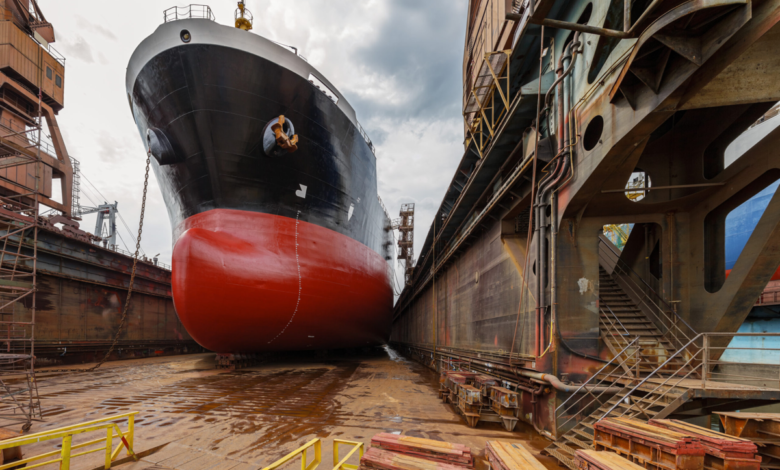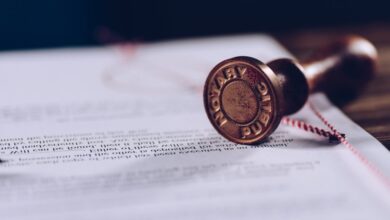The Advantages of Regular Marine Inspections

Maritime operators know that inspections are critical to maintaining compliance with safety, pollution and security regulations. They also know that the consequences of non-compliance can be severe.
This article investigates whether PSCs could improve their chances of selecting vessels for inspection by incorporating detention and incident risk dimensions into targeting protocols. It finds that combining incident risk improves inspection hit rates by 30-50% compared to using only detention information.
Read More: 4 Lifestyle Changes for a Healthier You
Preventative Maintenance
Preventative maintenance keeps equipment and assets running efficiently, maintains a high safety level for your workers and helps you avoid significant and costly repairs.
Unlike reactive maintenance, which deals with issues and equipment breakdowns after they occur, preventive maintenance can be scheduled well in advance. This means you can avoid equipment failures and ensure that your fleet operates at maximum capacity all year.
It also minimizes workplace injury and ensures your crew can complete their duties with minimum disruption. This, in turn, keeps your insurance and workers’ compensation costs low.
To develop a quality preventive maintenance program, the first step is to take inventory of your equipment and establish an asset hierarchy. This involves asking your team what equipment failures would most severely impact production, customer orders or safety.
Reduced Risk of Damage
One of the most significant advantages of regular marine inspections is that it helps minimize the risk of damage to vessels and equipment. Having to repair or replace damaged items can be costly and impair productivity. Likewise, an accident can severely impact the safety and lives of crewmembers and occupants.
The best way to reduce these risks is to have a plan. This plan may require a combination of activities, ranging from third-party marine inspection services to insurance. This type of plan can also be combined with other best practices, such as regular maintenance and hazard-based safety training. As a result, the cost of risk reduction is lowered while the quality of work is increased. Having the proper equipment in place for the job is critical. This includes safety glasses, hard hats, PPE, and communication tools like comms and high beam lights. The most important thing is ensuring the appropriate personnel is in charge of the project.
Compliance
Marine inspections are one of the most critical aspects of ensuring that vessels remain seaworthy in the maritime industry. These inspections ensure that ships are safe for both crew members and passengers while also reducing the level of marine pollution.
Compliance is not just a legal obligation but can also significantly benefit a business. It can help prevent misconduct and violations before they become more serious and could result in costly fines or severe damage to a company’s reputation.
Moreover, regular marine inspections are also an excellent way to ensure that your fleet meets the requirements of your flag state. Each flag state ensures its vessels comply with the MLC convention and follow all mandatory inspections and certifications.
This is why regular marine inspections are critical for a business, especially in the maritime industry. They can save money by preventing unnecessary delays and repairs while protecting your crew members and passengers from dangerous situations.
Read More: Incredible Uses of Scrap Metal in Different Fields
Increased Value
Hull inspections have been around for centuries and are still essential to protect the lives of ship owners, crew and passengers from hidden damage. Regular marine surveys, however, go a step further and create a thorough assessment of the entire functionality of a vessel.
This includes examining the condition of all its interior and exterior components individually and performing various tests to ensure everything functions correctly. This is why regular marine inspections can bring significant value to your vessel.
According to a recent Government Accountability Office (GAO) report, the Coast Guard needs more qualified marine inspectors. Its enlisted workforce has been helping fill the gap, but GAO said whether these workers are adequately trained is still being determined.
The watchdog found that the Coast Guard needs more performance measures that would help it gauge the success of its marine inspection workforce improvement plan and initiatives. This may have a negative effect on the Coast Guard’s ability to meet its staffing needs and ensure that it has sufficient experienced marine inspectors.










